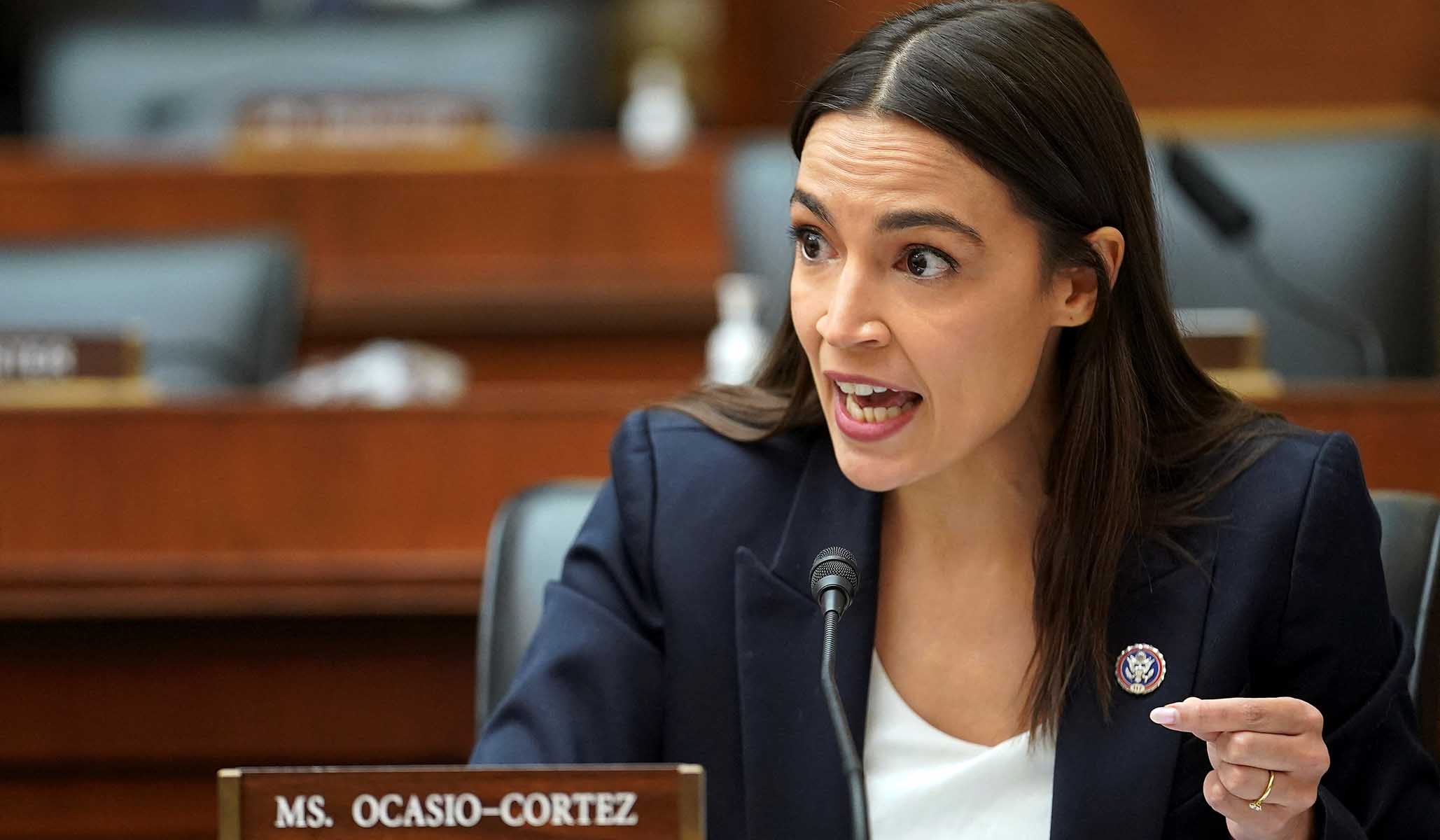Hello, all spending bills must originate in the House.
Some Senate Republicans are pretending you don't know that.
What a joke.
CNBC:
Majority Leader Chuck Schumer spent much of the day Thursday
hammering out an agreement with a group of Senate Republicans who
demanded that he pledge to support a supplemental defense funding bill
before they would agree to fast-track the debt ceiling bill.
The current House debt ceiling bill provided $886 billion in defense
spending for fiscal year 2024, an increase of 3% year over year. That
figure rose to $895 billion in 2025, an increase of 1%.
But GOP Sen. Susan Collins of Maine called this “woefully inadequate”
Thursday, arguing that a 1% increase did not keep pace with inflation,
so in practical terms, it was actually a decrease in military funding.
The solution came in the form of a rare joint statement from Schumer and
Senate Minority Leader Mitch McConnell, R-Ky., which was read on the
floor.
“This debt ceiling deal does nothing to limit the Senate’s ability to
appropriate emergency supplemental funds to ensure our military
capabilities are sufficient to deter China, Russia and our other
adversaries and respond to ongoing and growing national security
threats,” Schumer read. “Nor does this debt ceiling limit the Senate’s
ability to appropriate emergency supplemental funds and respond to
various national issues, such as disaster relief, combating the fentanyl
crisis or other issues of national importance,” said Schumer.
The Hill:
The normally slow-moving chamber raced through a dozen votes in just over three hours. ...
A total of 31 Republicans voted against the measure ...
Just four Democrats voted against the measure: Sens. John Fetterman (Pa.), Ed Markey (Mass.), Jeff Merkley (Ore.), Elizabeth Warren (Mass.), along with Bernie Sanders (I-Vt.). ...
The legislation would provide $886 billion for defense, which
negotiators described as a 3 percent increase, and $637 billion for
non-defense programs, according to a White House summary. ...
Senate Republican Whip John Thune (S.D.) said McCarthy didn’t sign
off on the agreement between Senate leaders and defense-minded GOP
senators. ...
Asked how confident he is about a defense supplemental spending bill passing later in the year, Thune said, “hard to say.”
“It was important for some of our members have folks on the record
acknowledging there clearly could be a need, will be a need for our
national security interests,” he said.















